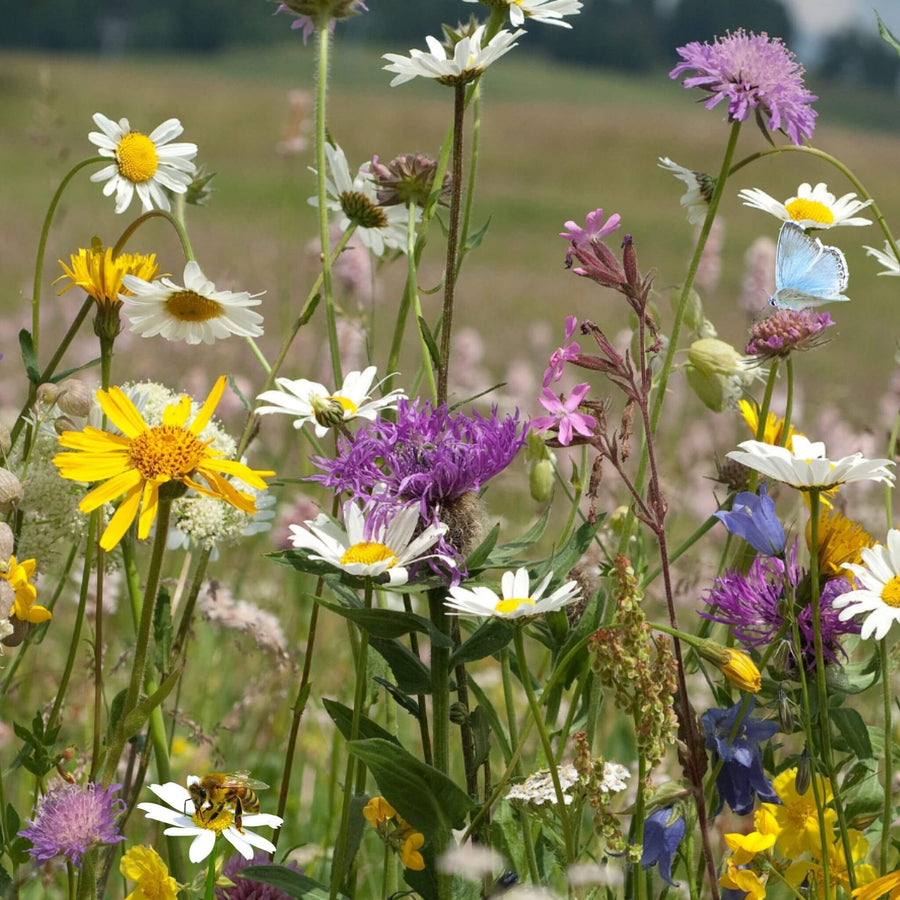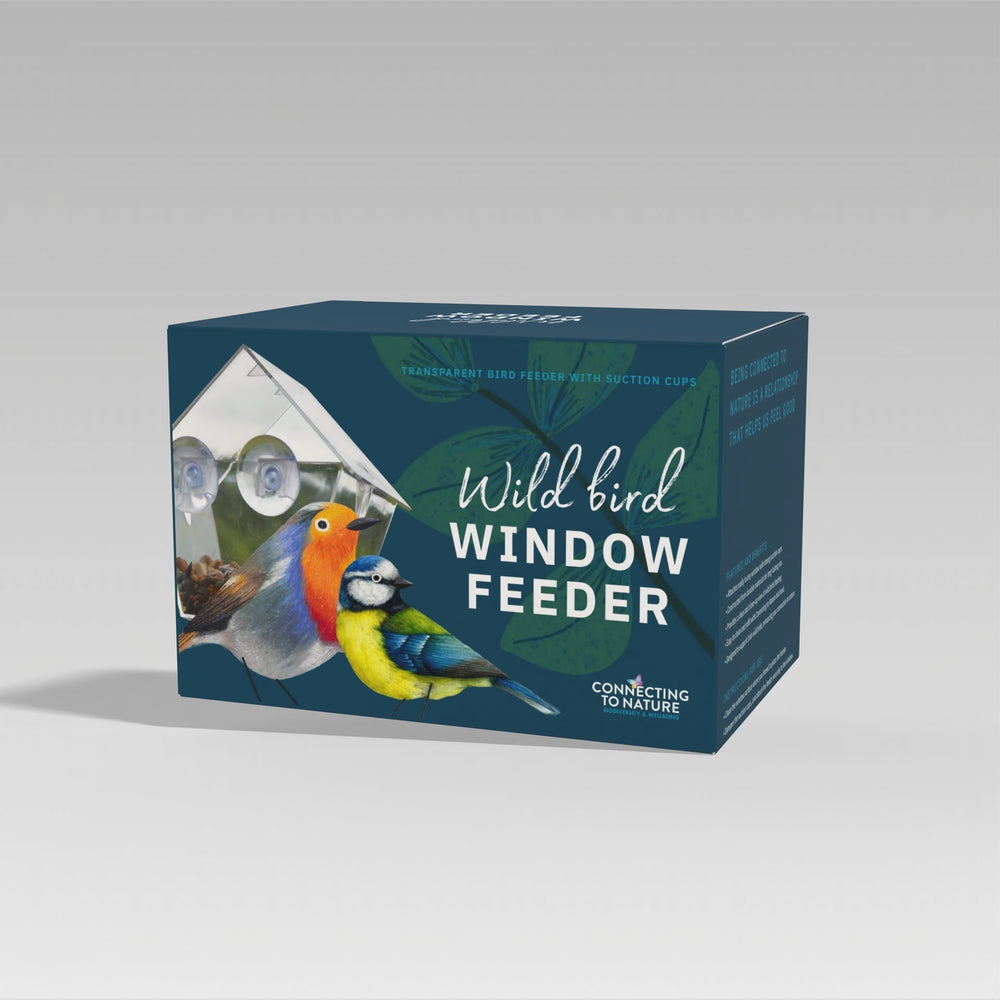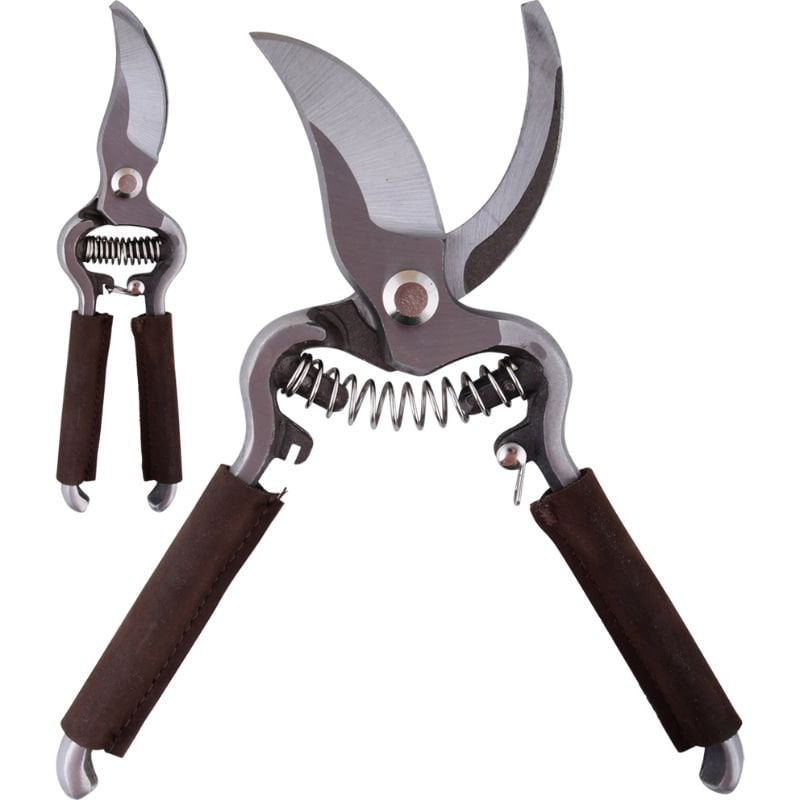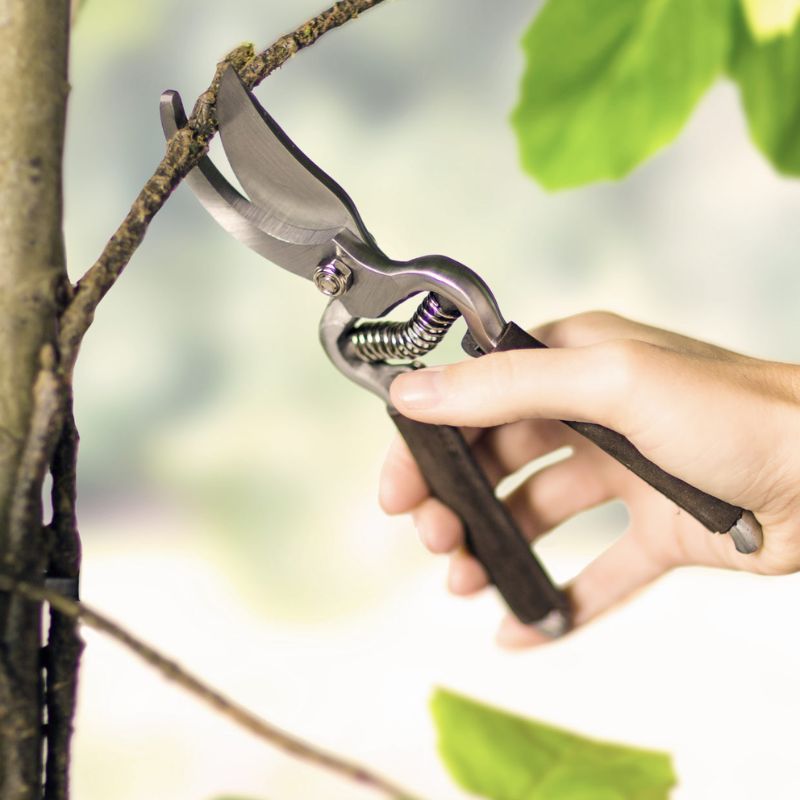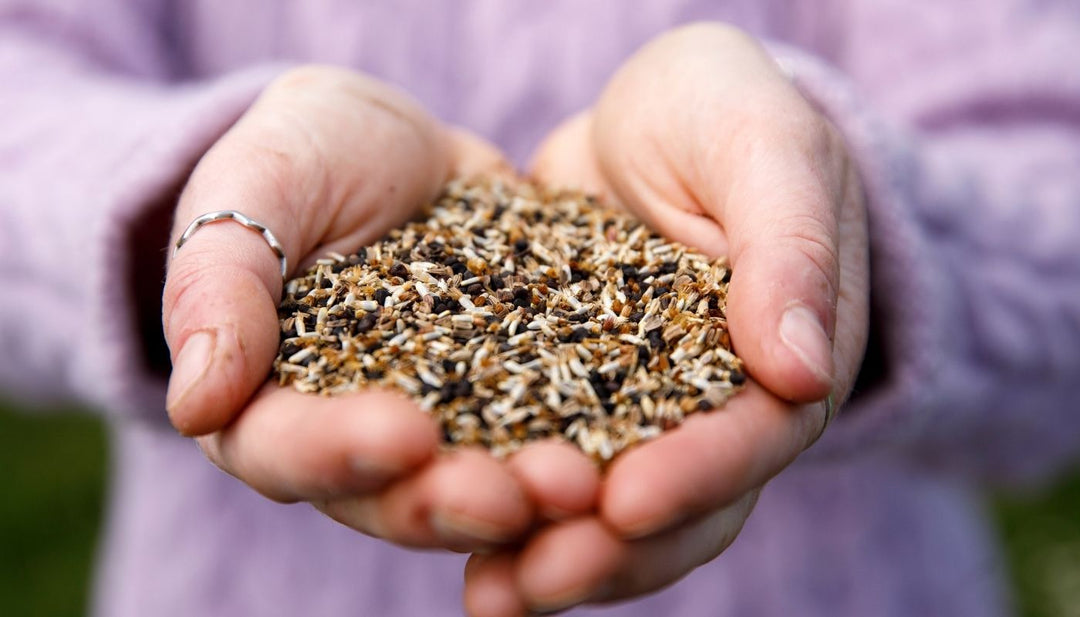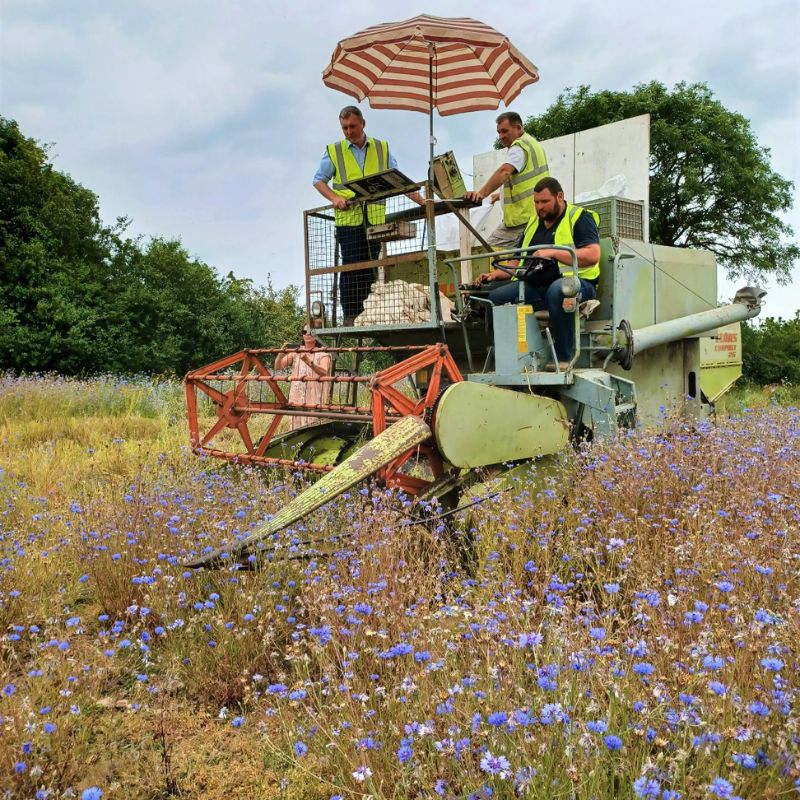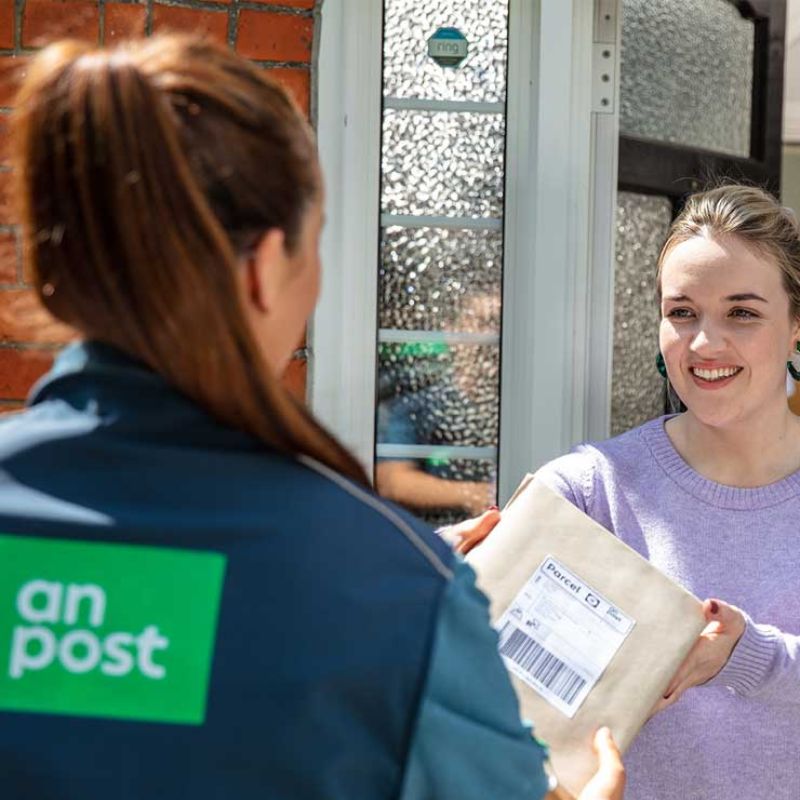When do birds eat? Breakfast, Lunch and Dinner
When do birds eat?
Have you ever noticed the bird feeders in your garden or on your balcony become busier during particular times of the day? Of course, like humans, wild birds have peak feeding times during the day.
A recent study using findings from the World Economic Forum shows that the happiest Europeans are those who have the most bird species in their day-to-day life.
So, birds and bees are the secret weapons needed to raise happiness levels. And residents of even the smallest apartments can boost their mood by using bird food to attract birds into their natural environment.
Throughout the night, wild birds roost as they protect themselves from predators that they cannot see in the dark. As the dawn breaks, the birds will awaken; however, they do not move far from where they have been roosting as the low light of dawn is still not bright enough to quickly identify the predators that may be a threat. Instead, they contently sing until it gets brighter. This is known as the Dawn Chorus.
It makes sense if it's bright enough to be awake but not bright enough to eat, why not sing!

Morning Breakfast for Wild Birds
The busiest time of the day at the bird feeder is the morning when the day has brightened.
The first birds to arrive at the feeder will be those with large eyes relative to their body size. The blackbird can be spotted very early in the morning, along with the Robin, picking food on a bird table or searching the ground underneath. Their excellent eyesight allows them to forage earlier than most other birds.
Greenfinches, Blue Tits, and other small garden birds start to arrive at the bird feeder by mid-morning. At this time, when the sun has risen, the birdseed feeder gets busy as the birds break their fast and build back up their energy levels for the day ahead.
By late morning, the frenzy relaxes, and birds will fly in and out of the garden looking for bird feed at their ease.
A Quiet Lunch
The next busy time at the bird feeder is during a small peak in the middle of the day, from midday until early afternoon. The birds visiting at this time tend to be smaller birds and juveniles who got pushed out earlier in the day. In the hierarchy of the bird feeder, these birds are on the bottom. Therefore, they will usually have to make do with the bird food remains that the other birds left behind earlier that morning.
To ensure all the visiting birds, including those visiting later in the day have a nutritionally balanced feed, it's a good idea to top up the feeders with fresh bird food just before the afternoon feeding period. This allows the late comers to stock up on the highest energy food usually pecked away by the more dominant or older birds earlier in the morning.

A Hearty Supper
The third feeding peak happens in the late afternoon into the early evening as birds prepare for the long night ahead. They must build up fat reserves to survive the night, particularly during the longer, colder nights of autumn and winter when more energy is needed to keep warm for a more extended period, give them a helping hand with a Hi Energy Wild Bird Seed Mix.
The birds that fed in the morning will arrive back at the garden and search out the bird feeder again.
More bird feed is required in the evening than the early afternoon peak as many more birds will be looking for supper. Therefore, topping up with fresh bird food is important in preparation for this feeding period.
If you missed the morning feeding time, then the early evening feed offers an excellent opportunity to observe the types of birds visiting your garden.
The interactions of the different species will be more pronounced than in the early afternoon period, and you will even encounter quarrels and disputes from time to time. Nevertheless, noticing the contribution you have made to support a healthy bird population in Ireland is important for the well-being benefits of nature therapy.


